Negative interest rates explained: how your finances could be affected
Money experts share their views and advice
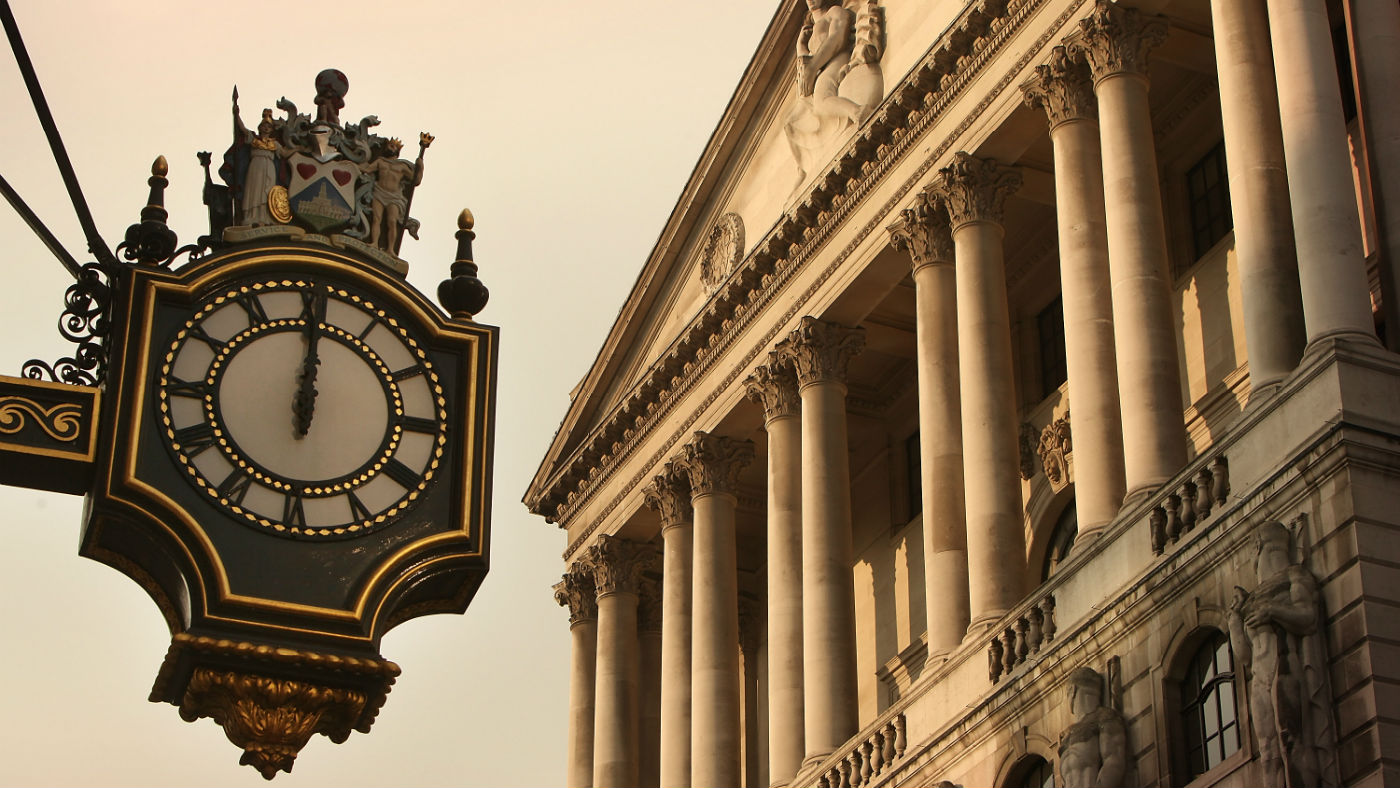
A free daily email with the biggest news stories of the day – and the best features from TheWeek.com
You are now subscribed
Your newsletter sign-up was successful
After cutting interest rates to the current historic low of 0.1% in March, the Bank of England (BoE) has been dropping hints that rates could be set to go negative.
A negative interest rate gives consumers and businesses an “incentive to spend or invest money rather than leave it in their bank accounts where the value would be eroded by inflation”, explains the International Monetary Fund. And the UK economy needs a cash boost as the coronavirus pandemic continues to take a heavy financial toll.
Intimations from “various members of the central bank’s policy committee suggest that they aren’t desperate to go negative”, however - but “nor are they ruling it out”, says MoneyWeek’s John Stepek.
The Week
Escape your echo chamber. Get the facts behind the news, plus analysis from multiple perspectives.

Sign up for The Week's Free Newsletters
From our morning news briefing to a weekly Good News Newsletter, get the best of The Week delivered directly to your inbox.
From our morning news briefing to a weekly Good News Newsletter, get the best of The Week delivered directly to your inbox.
On 12 October, the BoE’s Prudential Regulation Authority sent a letter to banks and financial firms enquiring about their “operational readiness” for a zero or negative bank rate.
With “more and more people are growing concerned about their savings”, financial expert Martin Lewis told viewers of ITV’s Martin Lewis Money Show last week that while “it’s ‘if’ [rates go negative] - very much if”, that likelihood is “more plausible than it was before”, the Daily Mirror reports.
But exactly what could that mean for your finances?
What are negative rates?
A free daily email with the biggest news stories of the day – and the best features from TheWeek.com
The idea of negative interest rates is to “encourage banks to increase lending because the Bank of England will charge them to hold their cash”, says MoneySavingExpert.
But it may also mean “you, the customer, paying your bank or building society to look after your hard-earned savings”, adds This is Money. By contrast, “borrowers (again, in theory) could be paid for having a loan. In other words: out with prudence and in with financial indulgence.”
‘Outlandish and paradoxical’
For most people, the idea of negative interest rates is like something out of Alice Through The Looking Glass - a world in which everything is weirdly inverted”, writes the Daily Mail’s Dominic Lawson. Among central bankers, however, it has become a “very real proposition”.
MoneyWeek’s Stepek agrees that for the rest of us, the notion is “outlandish and paradoxical and very hard to wrap your head around”. He adds: “When you lend money to someone, you expect to be the one who gets paid interest. You’re the one with the money. They’re the party who needs it. Why would you be the one who pays them?”
But “of course, this is the point,” Stepek continues. “If you get paid to borrow money, and you get charged to save money, then we’ll all want to borrow and we won’t want to save. At least, that’s the theory the central banks are following.”
Not everyone is convinced by the banks’ reasoning. In today’s leading article, The Times says that “the Bank of England hopes that a further rate cut would persuade banks to lend. This would be a mistaken policy, with long-term economic costs.”
Impact on mortgages, savings and loans
It may seem “counterintuitive” to charge a business or consumer for depositing money, but “it then allows a bank to lend at a negative rate, which rewards borrowers”, says The Guardian. “A negative-rate mortgage means the interest bill is credited to the borrower’s account rather than debited, reducing the sum borrowed over time.”
MoneySavingExpert.com founder Lewis cautions that people with mortgages and other debts are unlikely to get paid a negative interest rate, however. The best-case scenario would probably be for people on tracker mortages to drop to 0% rates, “so you wouldn't have any cost for borrowing money on your mortgage”.
The impact on savers, meanwhile could be “far more devastating”, because banks might begin charging them to look after their money.
“This is all a great big hypothetical balloon right now,” Lewis continues. “What everyone with savings should do certainly is make sure you’re maximising your money. And if you’re scared of negative interest rates, go and lock in with a fix, providing you won’t need to withdraw money in that time.”
End of free banking?
Virgin Money chief executive David Duffy has also issued a “stark warning” that banks could start charging for basic services if interest rates turn negative.
He told The Mail on Sunday that “there will be no decisions until everyone sees what happens over the next year with Covid, but certainly you have to think about how you are going to provide the service, the technology, the branches and the card. It can’t all be free.”
The paper says that Duffy’s comments are the “clearest signal yet that ordinary customers could be hit if interest rates go negative”, because “currently, the holders of the vast majority of Britain’s 73 million current accounts pay no fees if they are in credit”.
The Mail’s Lawson concludes: “At this rate, there’ll be nowhere left for our savings except under the mattress.”
-
 How the FCC’s ‘equal time’ rule works
How the FCC’s ‘equal time’ rule worksIn the Spotlight The law is at the heart of the Colbert-CBS conflict
-
 What is the endgame in the DHS shutdown?
What is the endgame in the DHS shutdown?Today’s Big Question Democrats want to rein in ICE’s immigration crackdown
-
 ‘Poor time management isn’t just an inconvenience’
‘Poor time management isn’t just an inconvenience’Instant Opinion Opinion, comment and editorials of the day
-
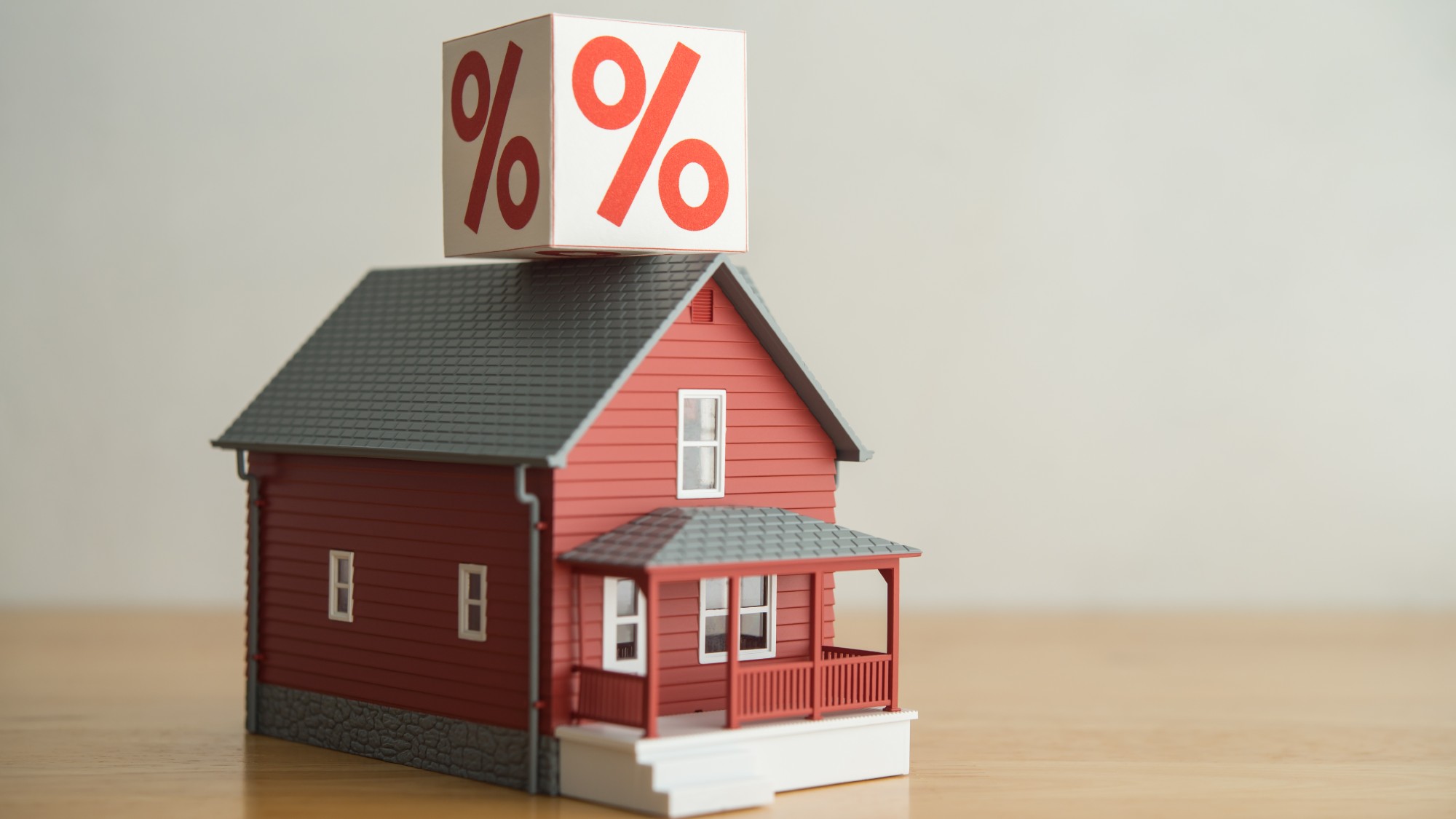 How will Fed rate cuts affect the housing market?
How will Fed rate cuts affect the housing market?the explainer An anticipated series of Federal Reserve cuts could impact mortgage rates
-
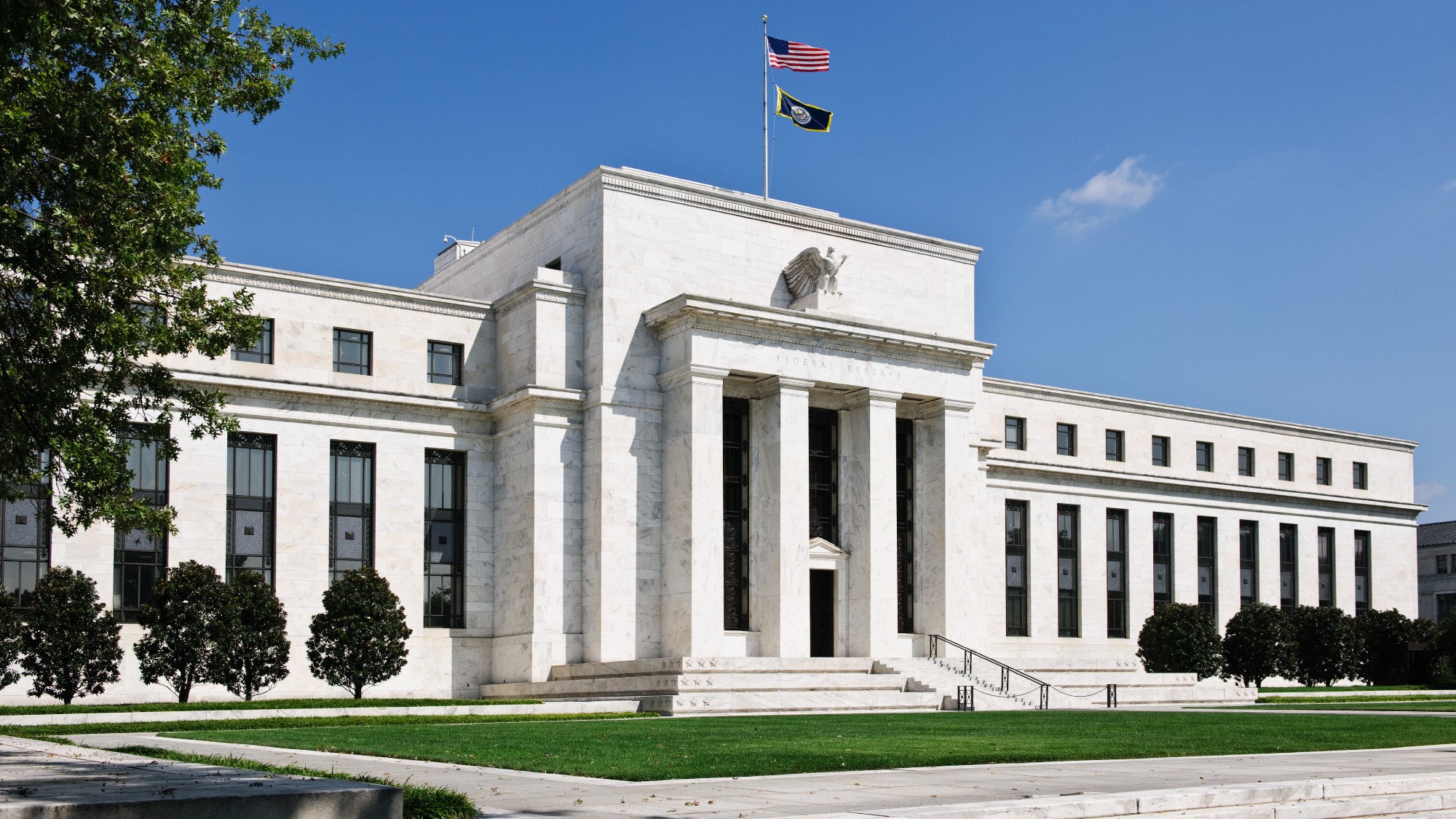 What is the Federal Reserve and what does it do?
What is the Federal Reserve and what does it do?The explainer The decisions made by the United States' central banking system have very real economic effects
-
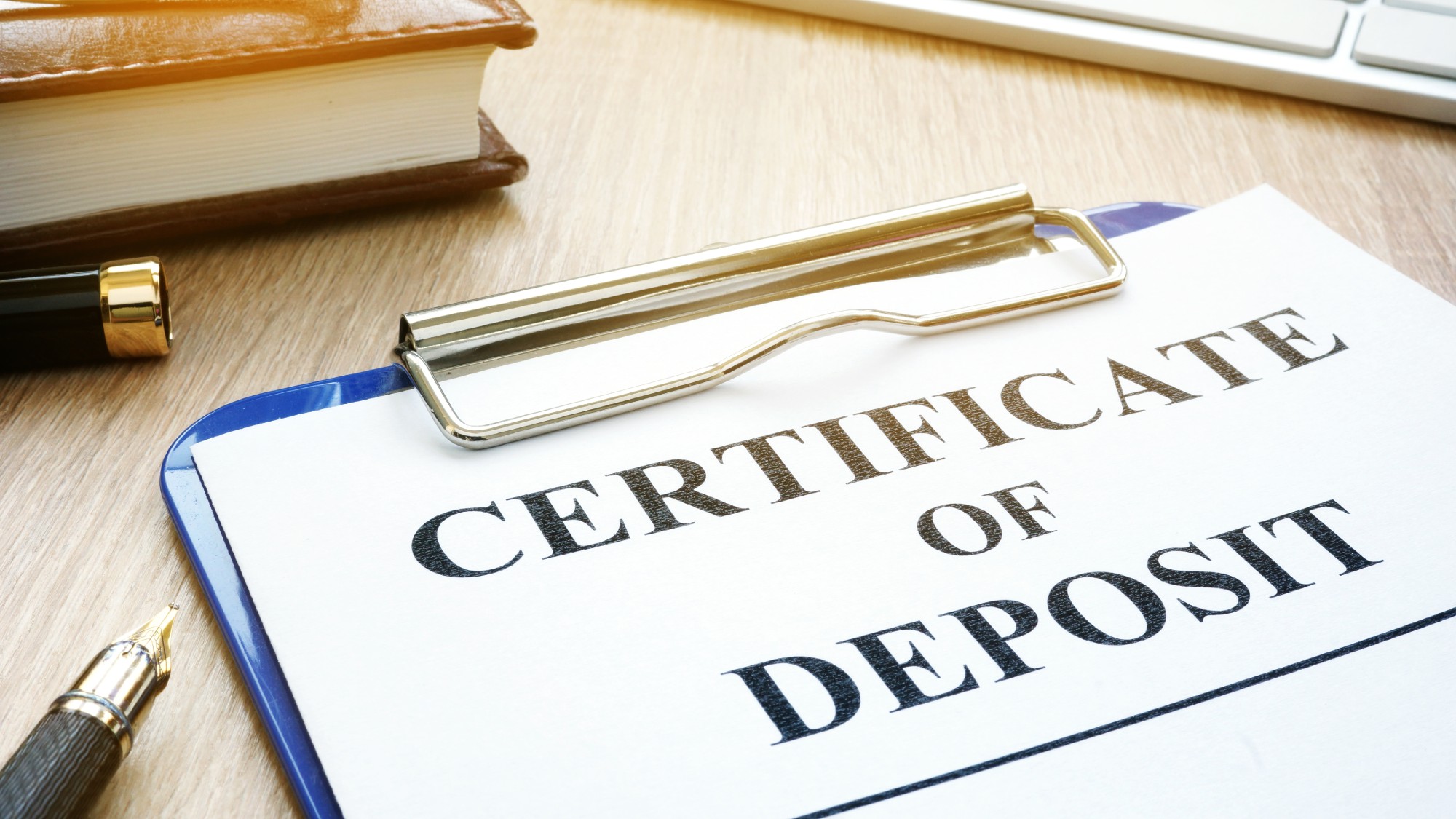 What are certificates of deposit and how do they work?
What are certificates of deposit and how do they work?The Explainer CDs may be the right solution for your savings goals
-
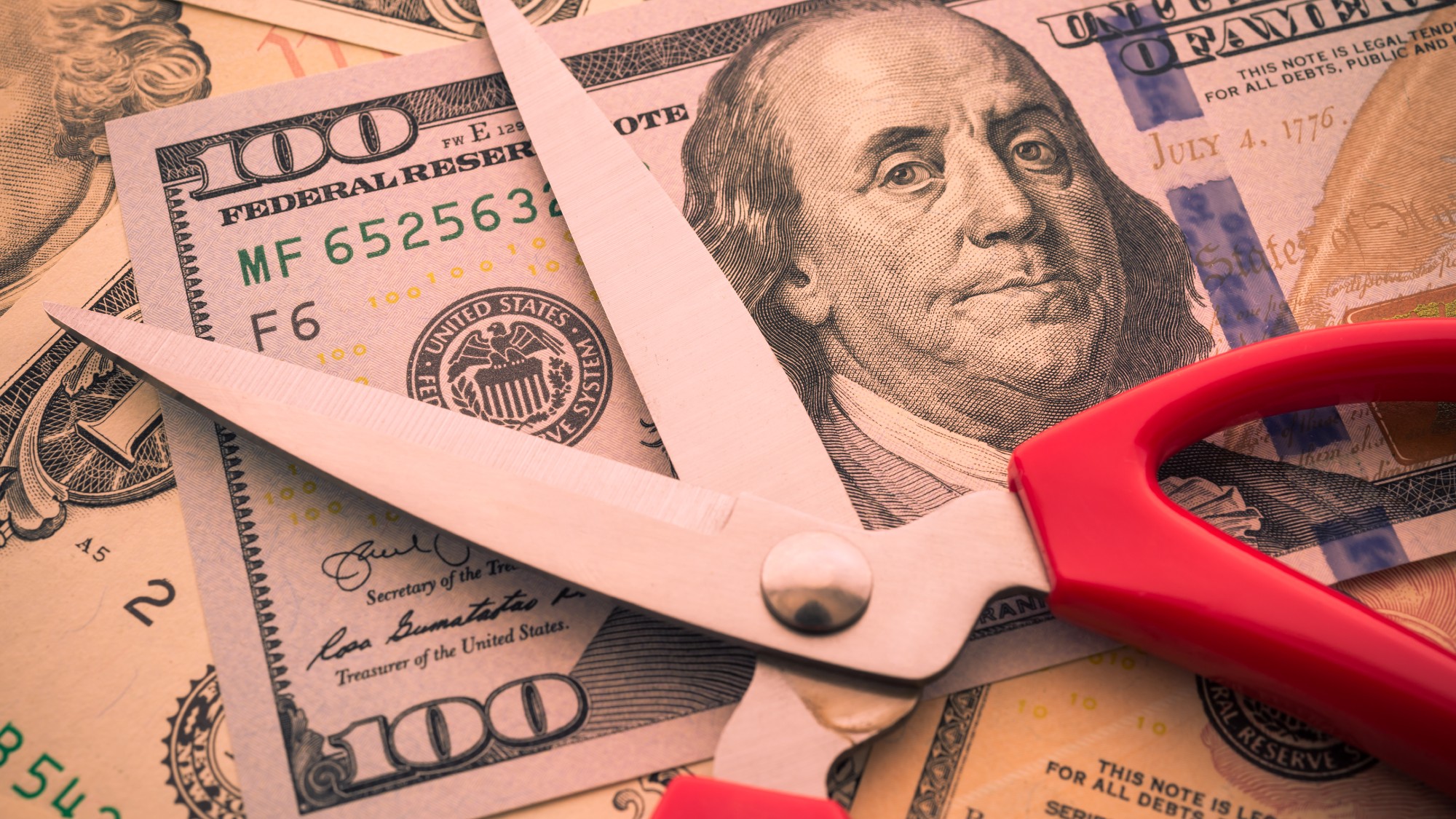 Where should you stash your savings after the Fed rate cut?
Where should you stash your savings after the Fed rate cut?The Explainer You will not be earning as much on savings rates, so you may want to make some changes
-
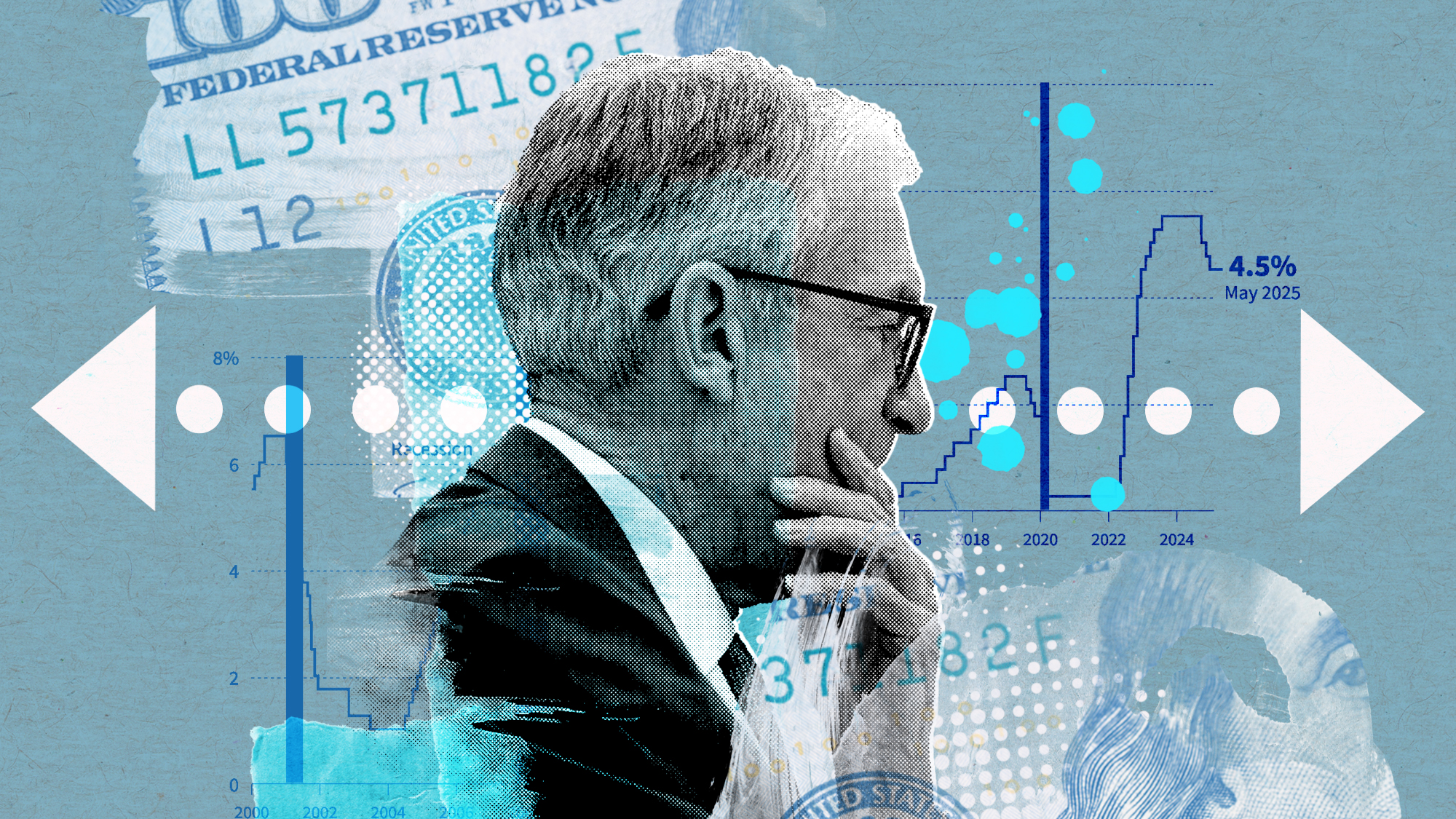 What's next for US interest rates?
What's next for US interest rates?The Explainer A pause after a series of cuts
-
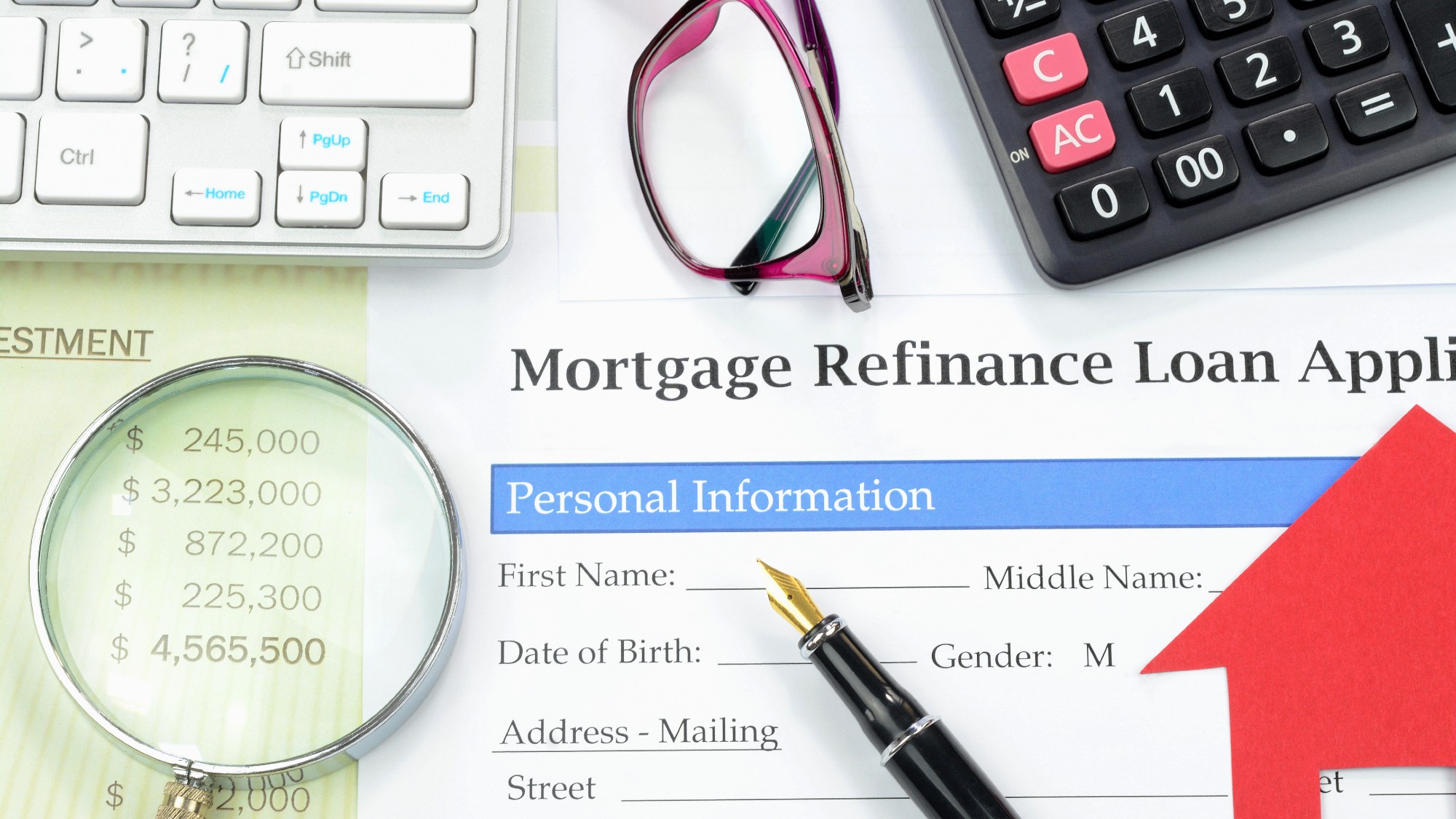 When does it make sense to refinance your mortgage?
When does it make sense to refinance your mortgage?The explainer You may be able to secure a lower interest rate — but it's not a good move for everyone
-
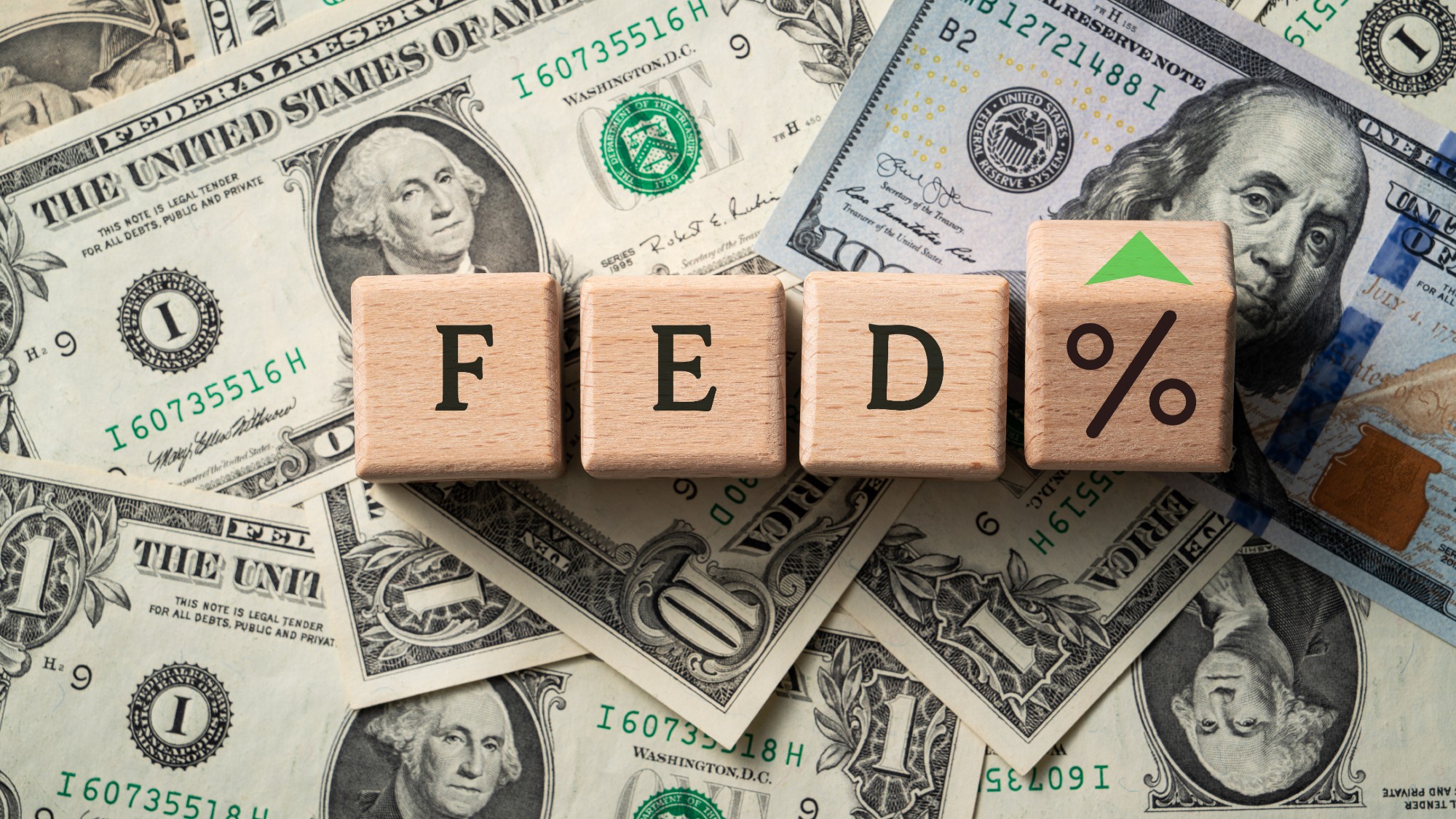 What financial impacts can you expect when the Fed finally cuts rates?
What financial impacts can you expect when the Fed finally cuts rates?The Explainer The Federal Reserve is poised to slash interest rates in the coming months
-
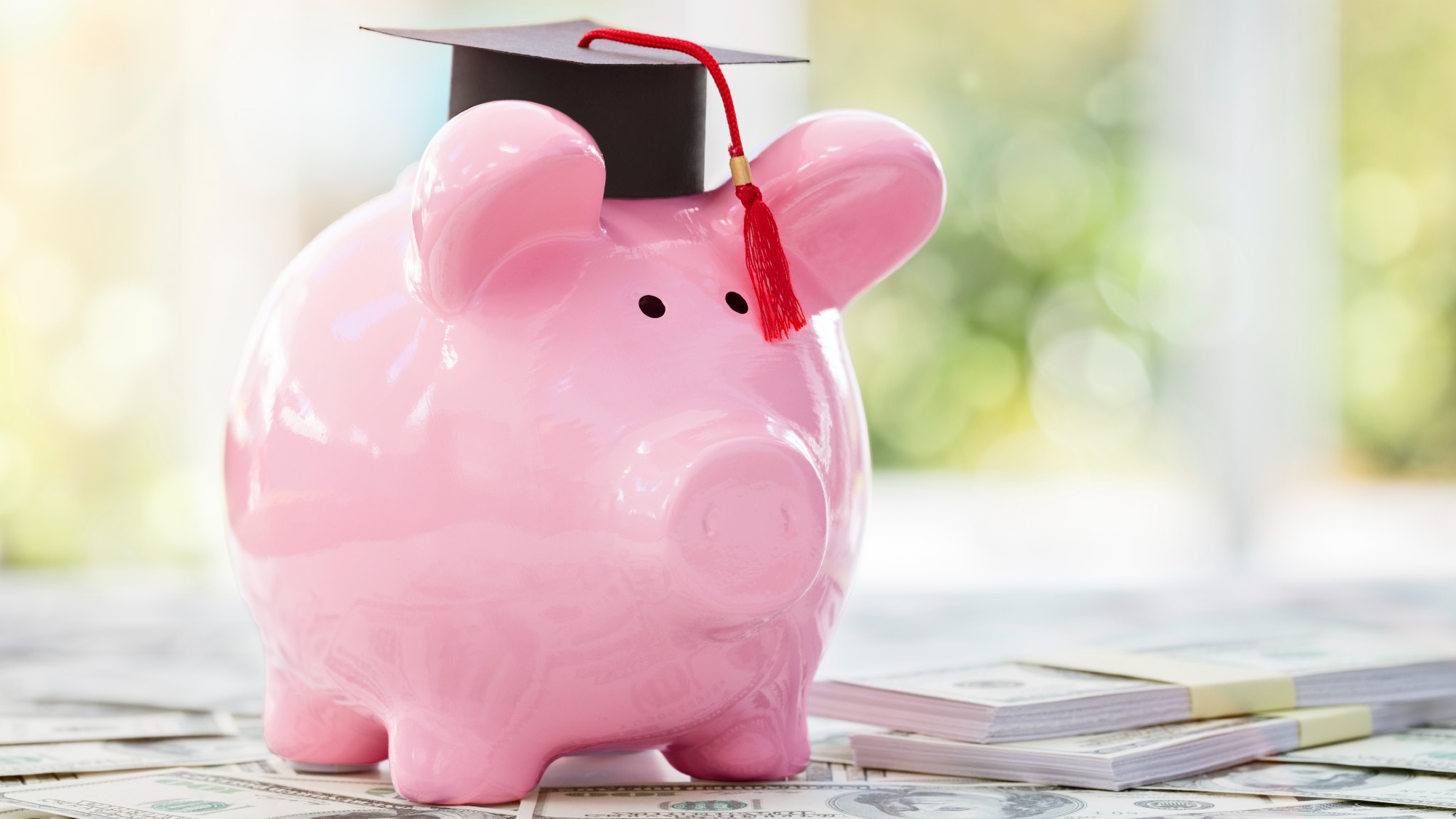 How to get lower interest rates on student loans
How to get lower interest rates on student loansThe Explainer Federal student loan interest rates are set to reach record heights for the 2024-25 school year